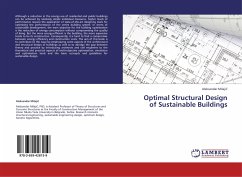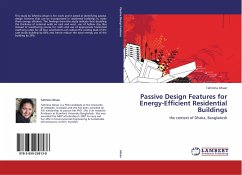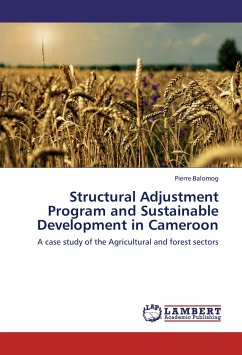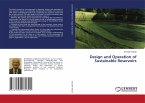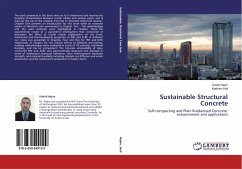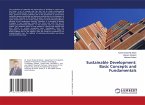Although a reduction in the energy use of residential and public buildings can be achieved by relatively simple individual measures, higher levels of performance require the application of state-of-the-art designing tools for optimising the performance of the entire building system. In terms of sustainable development, the main objective for the building optimisation is the reduction of energy consumption without compromising the quality of living. But the more energy-efficient is the building, the more expensive tends to be its construction. Consequently, it is hard to find a compromise between energy efficiency and construction costs. The aim of this book is to contribute to this issue by emphasizing some aspects of the architectural and structural design of buildings as well as to abridge the gap between theory and practice by introducing architects and civil engineers to the theoretical and practical aspects of multi-objective optimisation, simulation and optimisation tools and the basic concepts and guidelines for sustainable design.
Bitte wählen Sie Ihr Anliegen aus.
Rechnungen
Retourenschein anfordern
Bestellstatus
Storno

